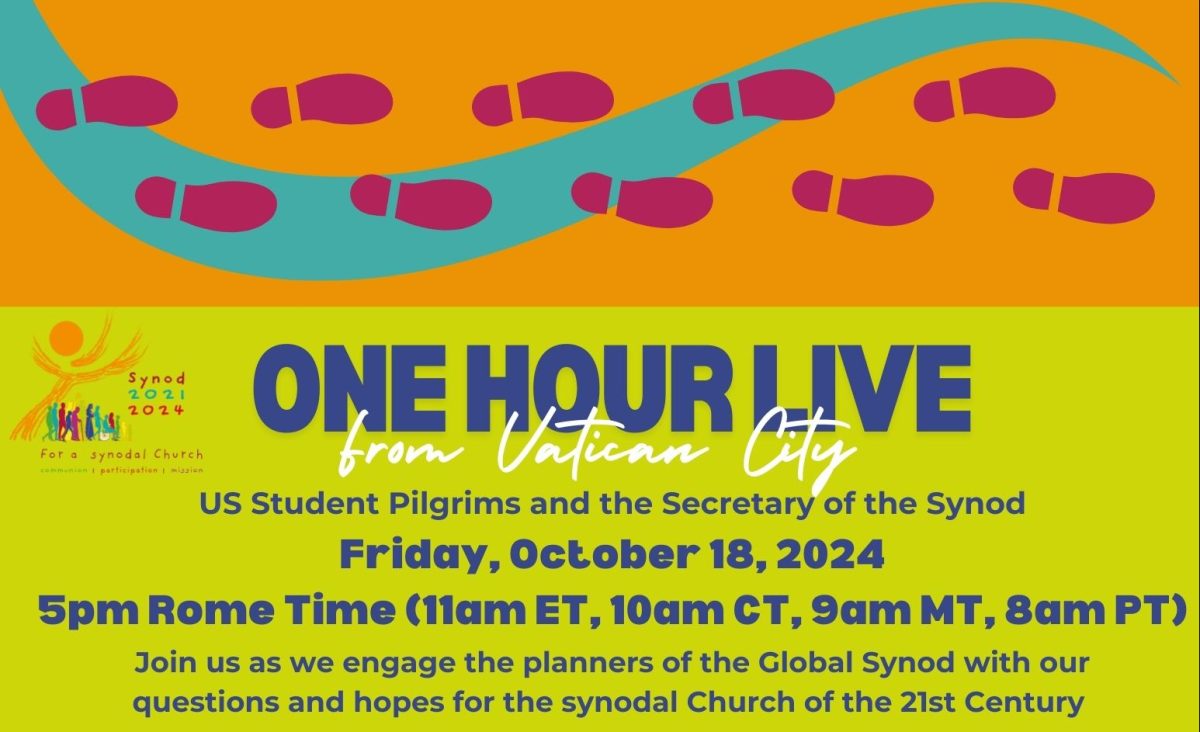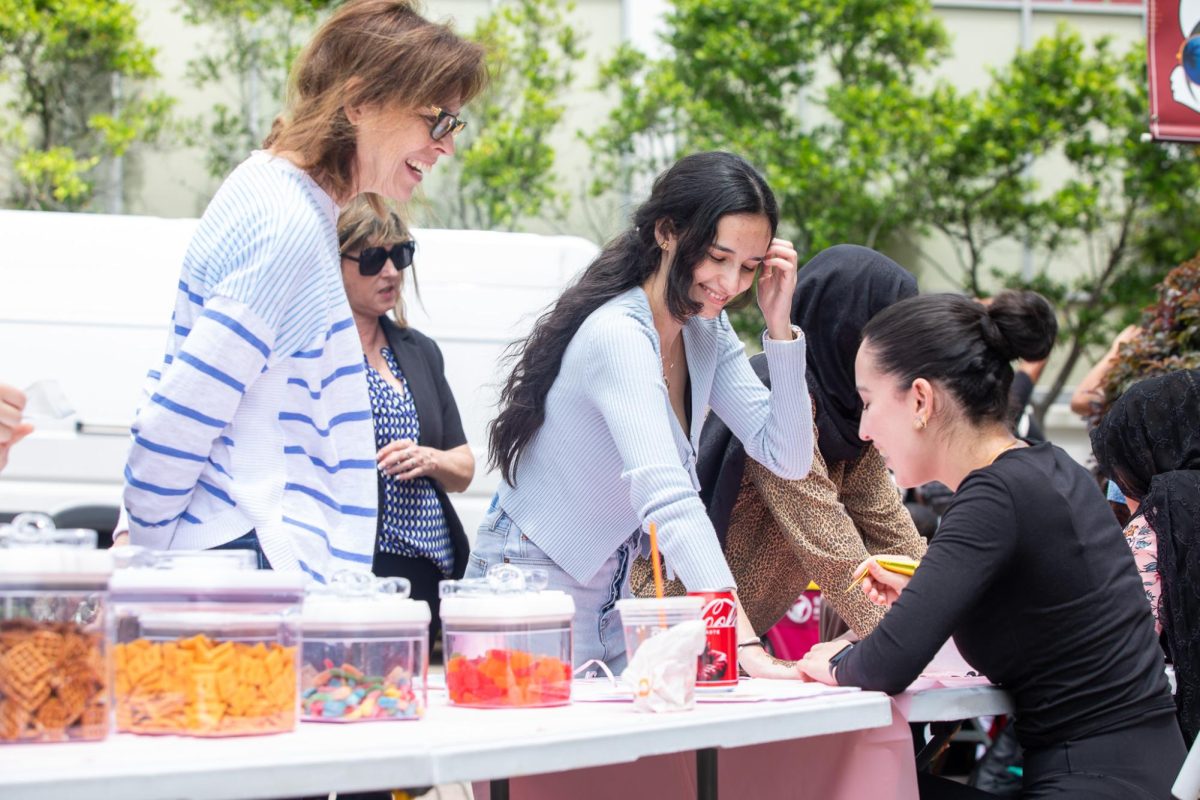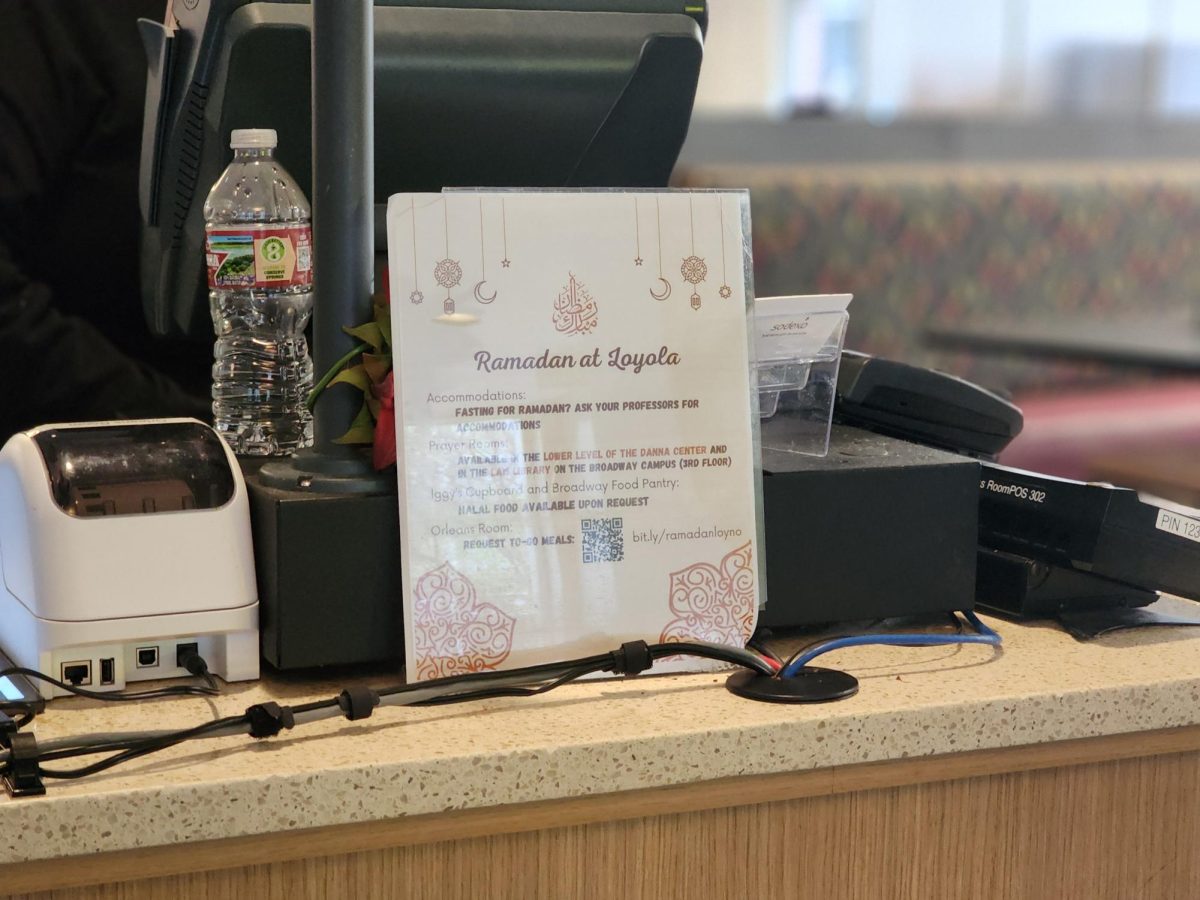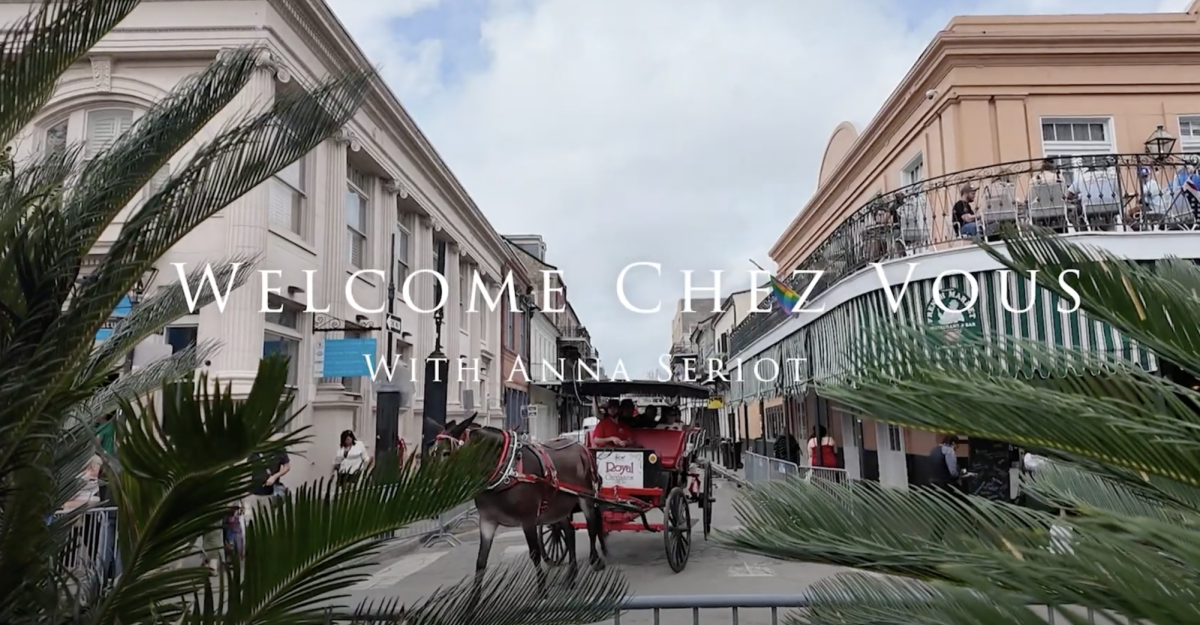While the Thanksgiving break gave students the opportunity to return home and eat their favorite dishes, for some international students it was their first time celebrating the American holiday.
In addition to the university holding holiday programming, Loyola’s International Student Association held its annual Thanksgiving meal and activities for students.
During the Thanksgiving meal, the main courses of turkey, mashed potatoes and stuffing are provided and international students are asked to bring a dessert to share with the rest of the group.
Ana Raquel Rivas Ruiz, director of activities for the International Student Association, said that activities were also provided for students to participate in such as pin the tail on the turkey and Jenga.
“In addition to that, we created leaves where we wanted students to write what they were thankful for this year—and we hung them on a billboard. This was pretty nice because we got to see that most international students feel very safe and comfortable in this group and community. Most of them wrote ‘International Student Association family,’ or friends at Loyola, etc., which was a nice turnout,” Ruiz said.
As for Ruiz and International Student Association President Elsa Lacayo, this was not their first time celebrating Thanksgiving in the United States. Ruiz is a native of El Salvador and Lacayo is from Nicaragua.
“For Elsa and myself, we were already familiar with the holiday, having been here for three years already; don’t really celebrate it back home, but during the holiday here we always to try to do a ‘Friendsgiving’ since we don’t have family here- which is also the purpose of hosting the dinner for the rest of international students,” Ruiz said.
Ruiz says that both she and Lacayo are very passionate about the international student community
at Loyola.
“It’s always nice to plan these events and see that they have such good turnouts,” Ruiz said.
While some international students celebrated the holiday with the International Student Association, other students decided to attend local Thanksgiving dinners with peers.
Mairead Cahill, journalism junior, celebrated her first Thanksgiving this year with friends. Originally from Jersey, England, she said her first taste of Thanksgiving was an interesting one.
“Last November, I decided to go home for the Thanksgiving break to be with my family. This year, I ate a massive Thanksgiving dinner with my friend and their family on the Northshore,” Cahill said.
Cahill said that she enjoyed her first Thanksgiving with friends in New Orleans.
“It was nice to experience this American tradition,” Cahill said.















Lance Johnson • Dec 6, 2016 at 9:42 pm
Congrats to ISA because being an international student isn’t easy, given our complex culture and language. Assimilation assistance must come from numerous sources to aid these young people embarking on life’s journey, including providing companionship on our holidays that can be lonely for some.
Most struggle in their efforts and need guidance from schools’ international departments, immigration protection, host families, concerned neighbors and fellow students, and even informative books to extend a cultural helping hand so we all have a win-win situation.
One such new award-winning worldwide book/ebook that reaches out to help anyone coming to the US is “What Foreigners Need To Know About America From A To Z: How to Understand Crazy American Culture, People, Government, Business, Language and More.” It is used in foreign Fulbright student programs and endorsed worldwide by ambassadors, educators, and editors. It also identifies “foreigners” who became successful in the US and how they’ve contributed to our society, including students.
A chapter on education explains how to be accepted to an American university and cope with a confusing new culture, friendship process and daunting classroom differences. Some stay after graduation. It has chapters that explain how US businesses operate and how to get a job (which differs from most countries), a must for those who want to work with/for an American firm here or overseas.
It also has chapters that identify the most common English grammar and speech problems foreigners have and tips for easily overcoming them, the number one stumbling block they say they have to succeeding here.
Good luck to all at LUN or wherever you study!